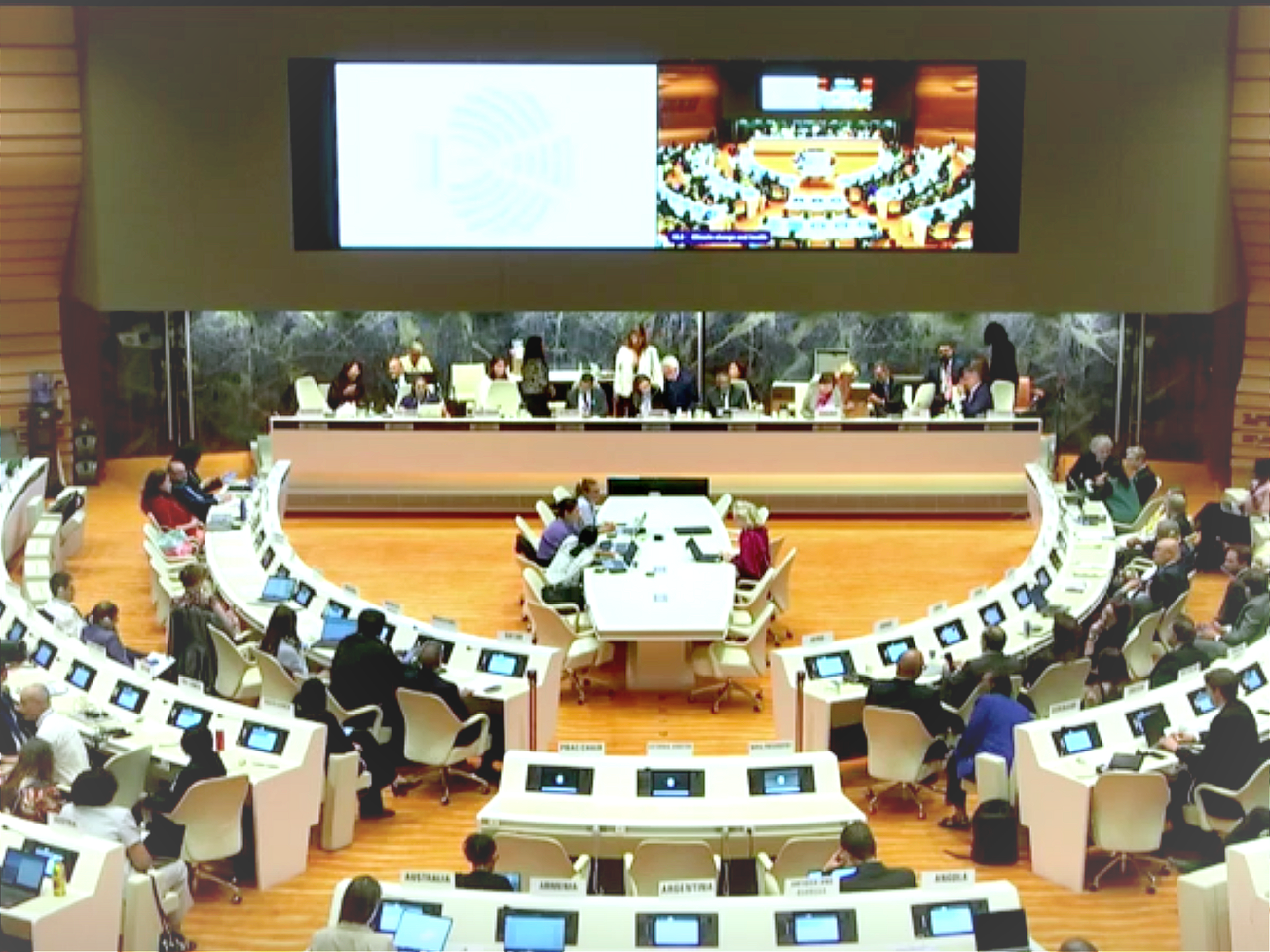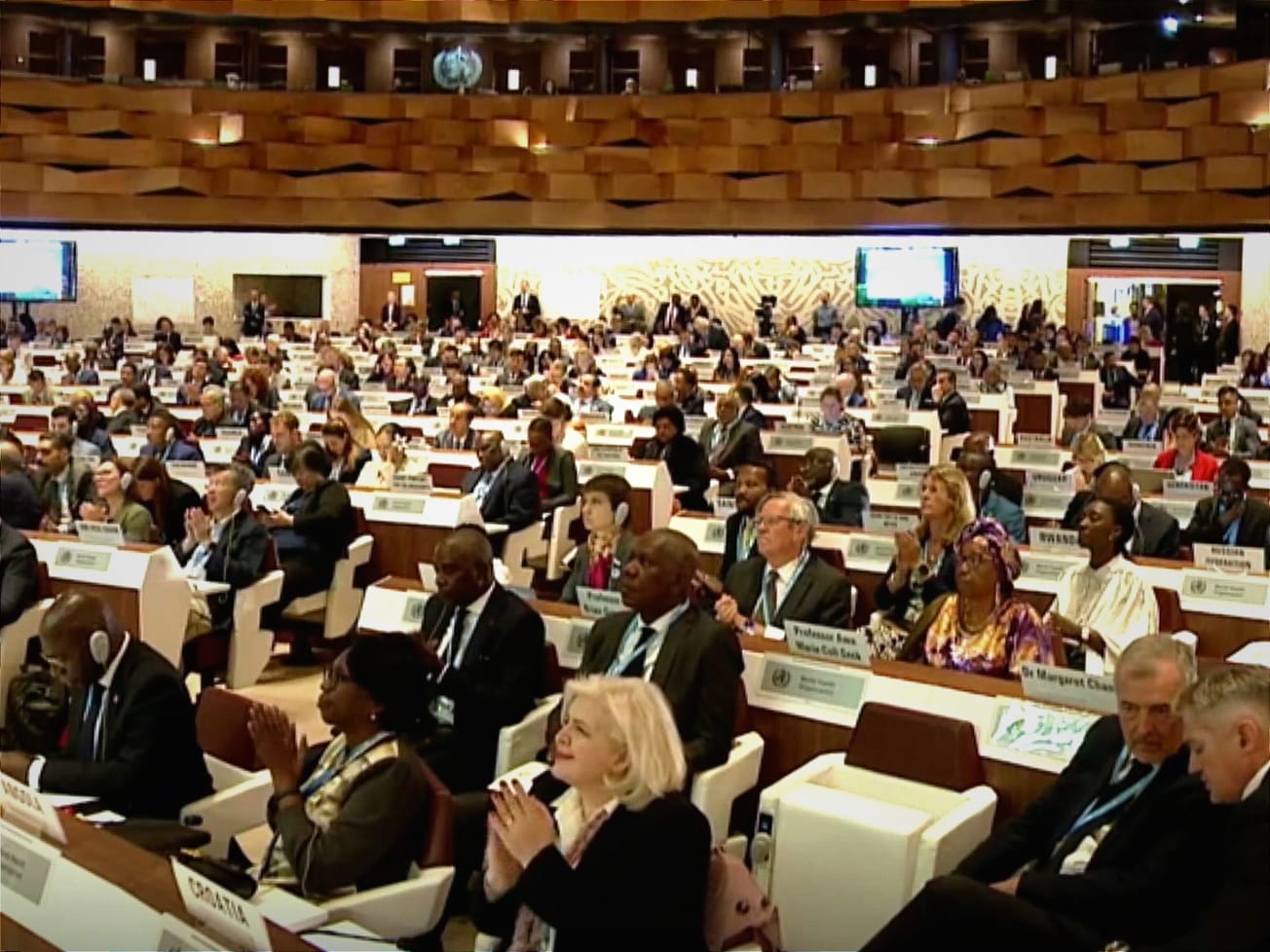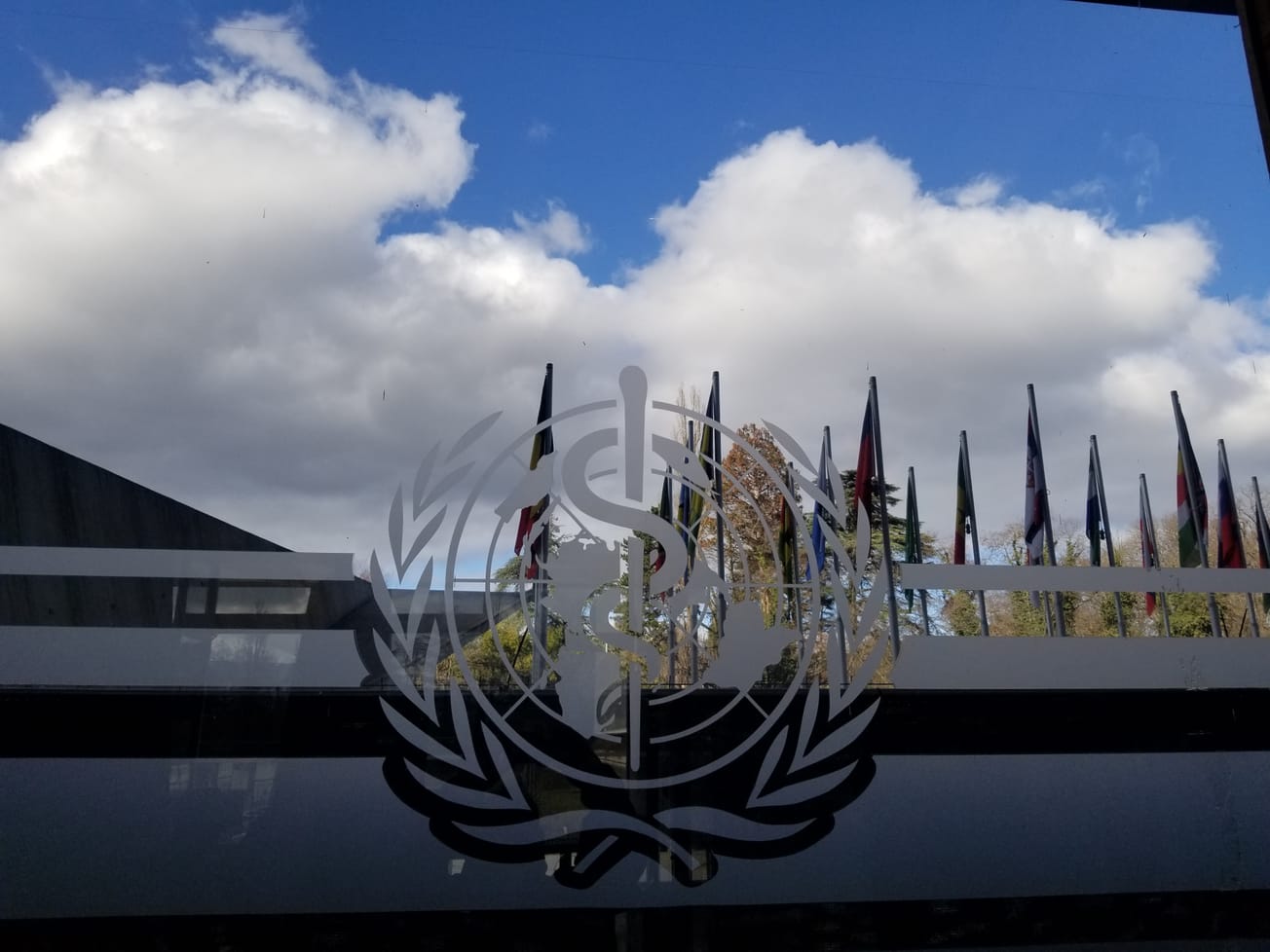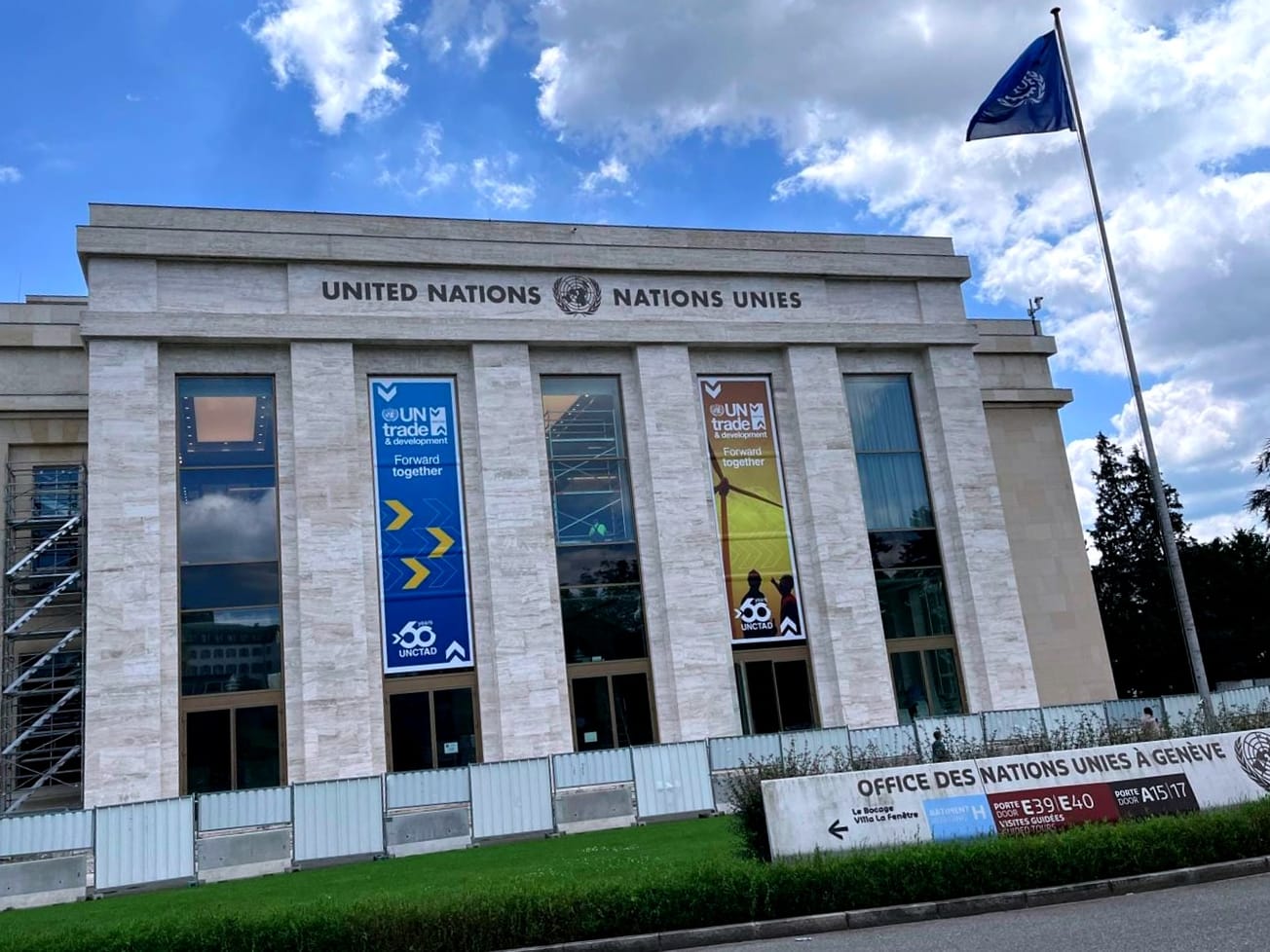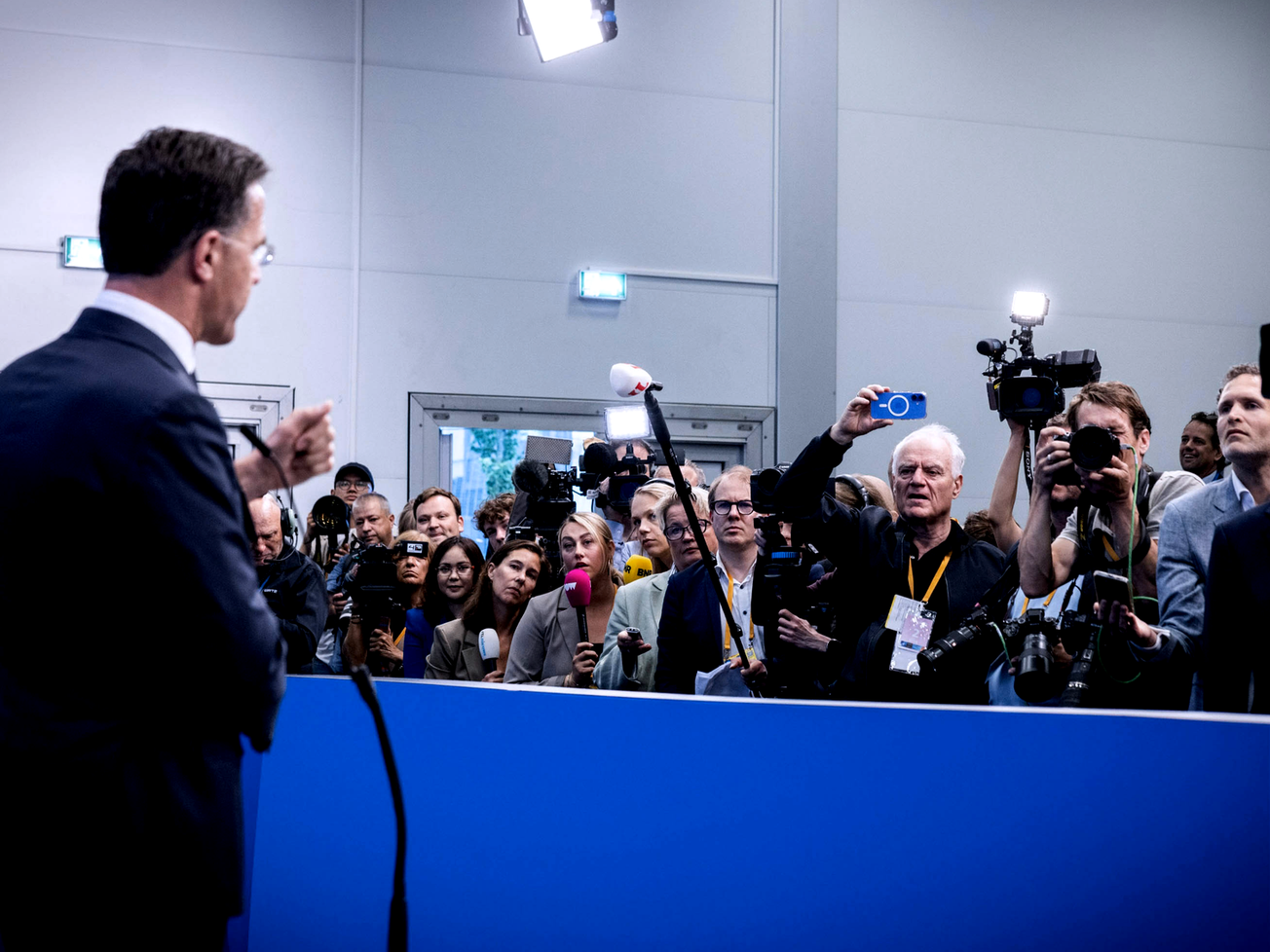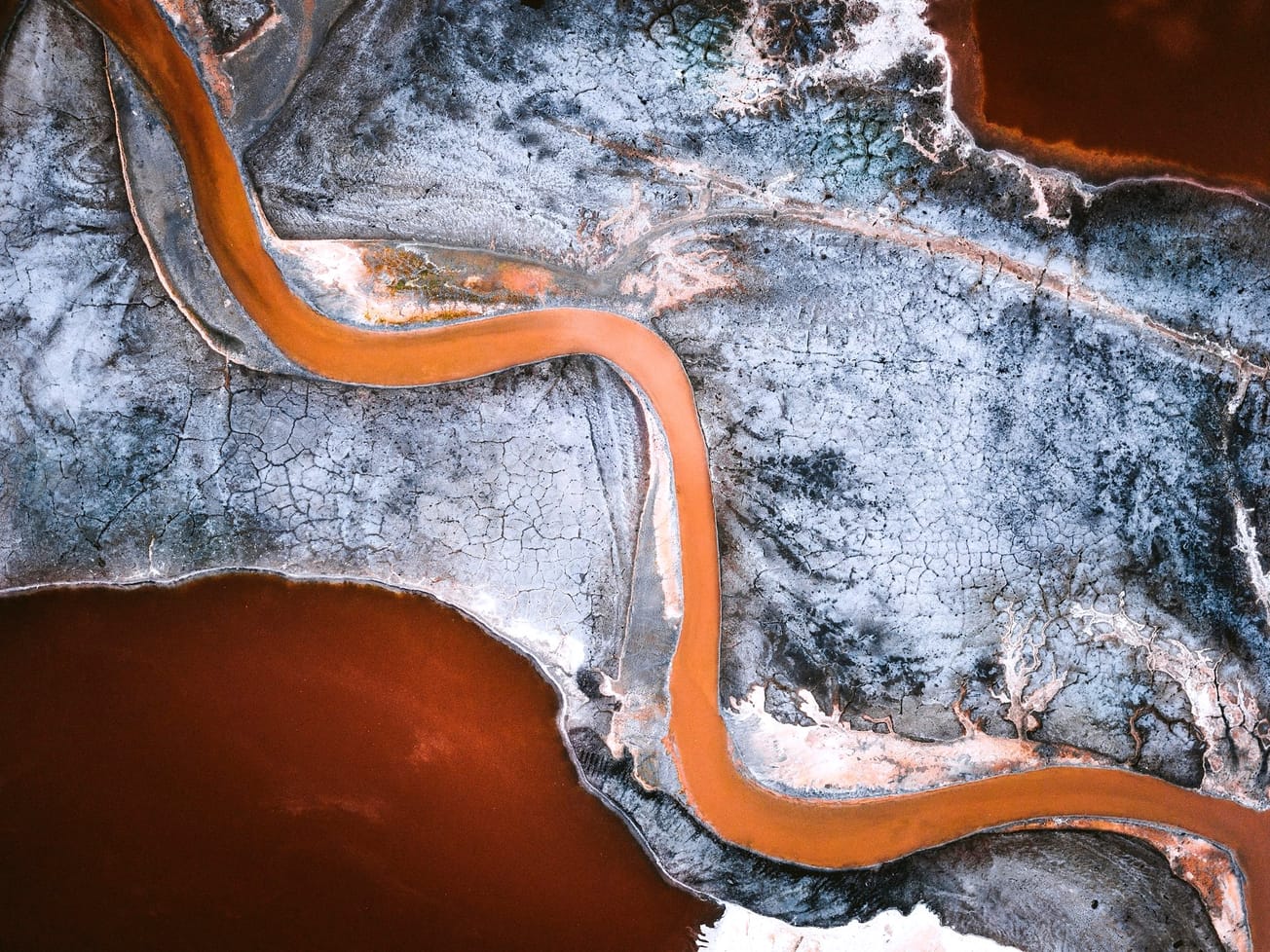GENEVA (AN) — The World Health Organization and two international foundations launched a first-of-its-kind fund on Friday to help nations with vulnerable populations and weak health systems cope with the global coronavirus pandemic.
WHO officials said the COVID-19 Solidarity Response Fund, co-hosted by the U.N. Foundation and Swiss Philanthropy Foundation, also is receiving major support from Google and Facebook and is open to tax-deductible contributions from businesses, philanthropists and other individuals. It will be used initially to beef up scarce supplies of COVID-19 test kits and other medical equipment.



